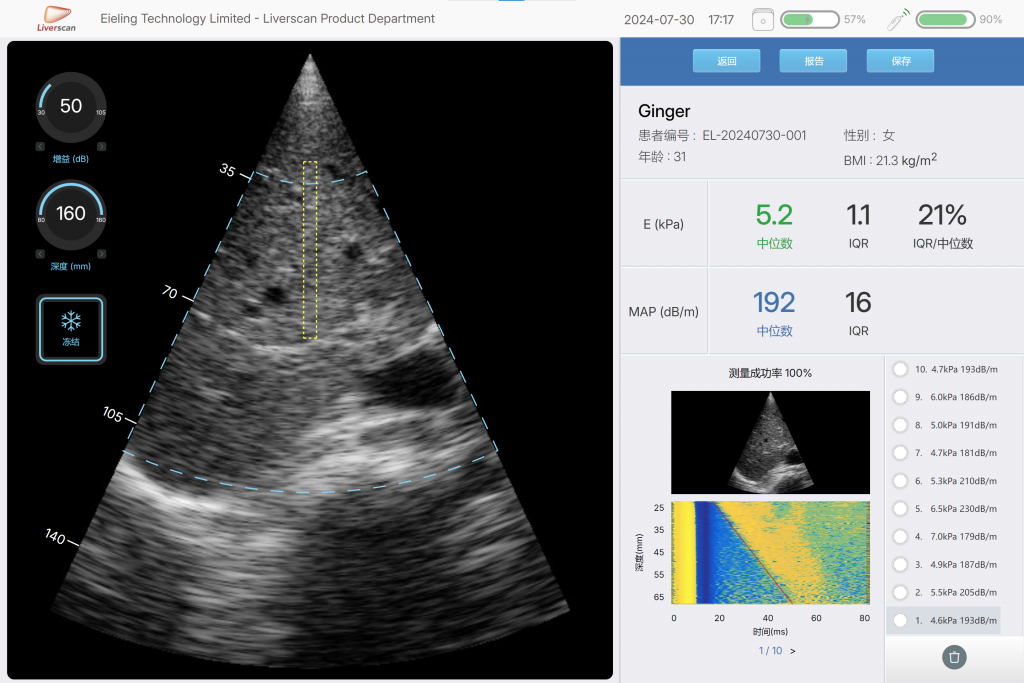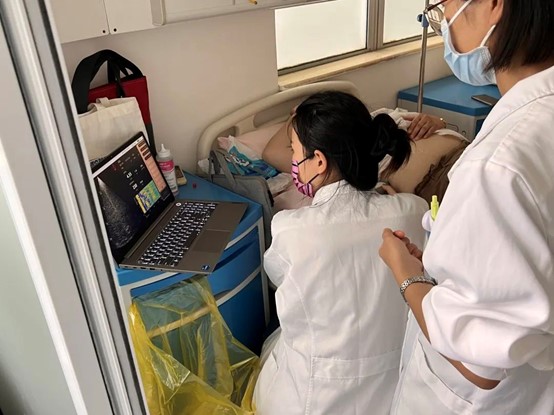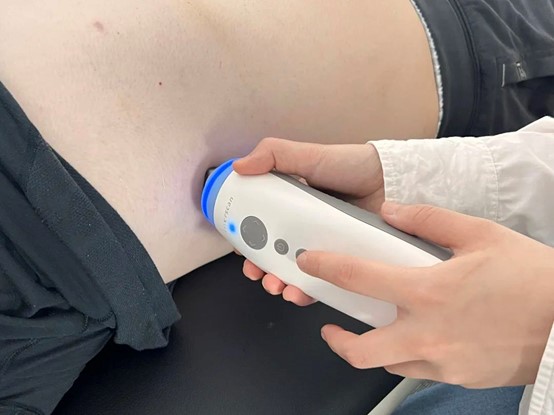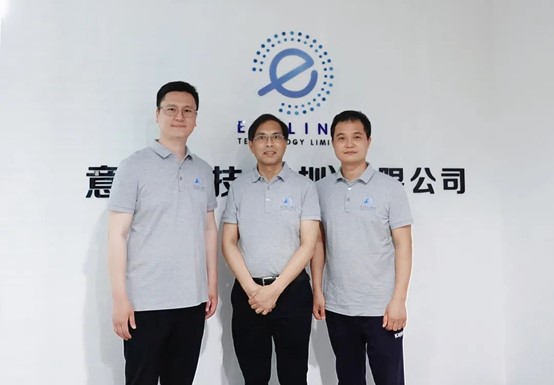On World Hepatitis Day just passed on July 28, my country’s propaganda theme is still based on the core purpose of “adhering to early prevention, strengthening detection and discovery, and standardizing antiviral treatment”. Since the 18th National Congress of the Communist Party of China, relevant prevention and control requirements have been clearly put forward in documents such as the “Healthy China 2030” Planning Outline and the “Healthy China Action (2019-2030)”. The new version of the “Guidelines for the Prevention and Treatment of Chronic Hepatitis B (2022 Edition)” further expands the indications for antiviral treatment and reflects a more active antiviral treatment concept. Only by promoting and expanding screening can we find patients with the potential risk of disease progression who need treatment as early as possible and improve the treatment rate of the population.
In order to detect liver fibrosis earlier, it is recommended to carry out extensive screening of high-risk groups, especially in areas with high incidence of viral hepatitis, long-term alcoholics, obese patients, and other groups with a higher risk of liver disease. For patients who have been diagnosed with chronic hepatitis or other liver diseases, it is crucial to receive examinations and treatments recommended by doctors as soon as possible to prevent the development of liver fibrosis and related serious complications.

Liver fibrosis is the long-term scarring of liver tissue caused by hepatitis, and can also be caused by alcohol. When the disease is severe, it can lead to cirrhosis, liver dysfunction, and even liver cancer. The gold standard for diagnosing liver fibrosis is through liver tissue puncture and biopsy, but most patients are already in the late stage when it is discovered. During this process, medical staff will use a long needle to puncture the skin at different locations on the patient’s abdomen multiple times to collect liver tissue samples. This process is not only painful for the person being examined, but can also lead to complications.
At present, the liver disease screening equipment widely used in the medical market in my country is generally cart-type, and the main unit with wired probes is bulky. This type of instrument has its inherent advantages, but it also has disadvantages in some scenarios.
First, the cost is beyond the economic affordability of some medical institutions, especially those with limited resources. Usually, high-end liver screening equipment is mainly concentrated in large cities, while medical resources in some remote areas are relatively scarce. The lack of accessibility of equipment has resulted in some patients being unable to receive liver disease screening services promptly. Even in relatively economically developed cities, when large-scale screening of personnel or rapid emergency screening is required, it is difficult to meet the corresponding conditions.
Secondly, for inpatients who have received liver disease treatment, the existing equipment is too large to be used flexibly, so they are often required to go to the testing room for reexamination, which is especially difficult for patients after surgery.
At the same time, some high-end liver disease screening instruments may require professional technicians to operate and interpret. In some primary medical institutions, the lack of professional technicians may also limit the effectiveness of these instruments.
It is understood that the Liverscan series products developed by Eieling Technology will soon be launched in China, which will completely change the technical level of liver disease screening, lead new technologies for liver disease prevention and treatment, and solve the above long-standing problems through applications in different scenarios.

Highlight 1: Innovative technology, accurate diagnosis
In professional hospital application scenarios, this device integrates the Transient Elastography Imaging (TE) and Ultrasonic real-time imaging guide B, greatly improving cost-effectiveness and accuracy through real-time imaging, and shortening the learning curve through scientific guidance; at the same time, these two complex technologies are integrated into a composite wireless probe with built-in Wi-Fi connection function. Operators only need to operate the Liverscan application software on the mobile terminal and connect the probe to Wi-Fi for use.
Highlight 2:Easy operation and fast screening
In outpatient and emergency application scenarios, Eieling Technology is well aware that the time of medical staff is precious. Through the pioneering handheld lightweight design, it can achieve rapid screening and carry-on in outpatient clinics, greatly improving time efficiency. At the same time, rapid diagnosis results and cloud storage of data also help doctors formulate personalized treatment plans in a timely manner.
Highlight 3:High efficiency and cost-effectiveness, benefiting more patients
In scenarios with limited infrastructure conditions, the Liverscan series of products combines efficiency and cost-effectiveness. Its high-speed scanning capability and data analysis enable doctors to examine more patients in a short period of time. The carefully designed probe shape and top noise control technology make patients more comfortable during the examination. In addition, the reasonable pricing strategy will enable more medical institutions to afford this advanced equipment and benefit more patients.


Liverscan testing site
In the process of Eieling Technology’s continuous pursuit of innovation and excellence, it always puts the diagnosis and treatment needs of patients and the medical user experience first. The launch of this wireless handheld Ultrasonic real-time imaging guide B liver stiffness measurement device is a revolutionary testimony to the continuous exploration of the entire medical industry, and has taken a major step towards promoting the accurate prevention and efficient diagnosis of liver diseases in China.
Introduction
Founded in 2018, Eieling Technology is a representative enterprise of the Department of Biomedical Engineering of the Hong Kong Polytechnic University. Since its establishment, it has successively received funding from the Hong Kong Polytechnic University’s Technology Pilot Fund and private investors. Since its establishment, it has successively received funding from the Hong Kong Polytechnic University’s Technology Pilot Fund.It has also successfully joined the Hong Kong Science Park’s Biomedical Technology Incubation Program (Incu-Bio) and received a grant of 4 million Hong Kong dollars. At present, it welcomes the attention and investment of more global investment institutions;

The founder and chief scientist, Professor Zheng Yongping, is the founding dean of the Department of Biomedical Engineering at the Hong Kong Polytechnic University and concurrently the deputy director of the PolyU Institute of Innovative Products and Technology. The founding team has more than 20 years of experience in the development of medical ultrasound imaging software and hardware, and core members have worked for well-known medical companies in the industry, such as United Imaging, GE, Medtronic, Mindray, SenseTime, and MicroPort.

Liver fibrosis scanners on the market are expensive, costing more than 1 million yuan each, and they occupy a large area, and the use scenarios of the equipment are limited, which is not conducive to promoting the national policy of “early screening, early diagnosis, and early treatment” and cancer prevention awareness. Therefore, Professor Zheng led the R&D team to successfully develop the [Portable Liver Elastography Ultrasound Diagnostic System -Liverscan series solution] after five years. Driven by the original intention of not forgetting society and public welfare, Professor Zheng did not license the patent of Liverscan to any biomedical company but worked with former students Jia Xiaojia (CEO of Eieling Technology) and Wang Like (CTO of Eieling Technology) and other new and old members to establish Eieling Technology Limited (Hong Kong) and its Shanghai and Shenzhen subsidiaries. While leading scientific research and innovation, adhering to the ideal of user-centeredness rather than over-commercialization, strengthening the company’s competitive advantage, the Liverscan series of equipment has been put into use in many public and private hospitals and local physical examination centers in Hong Kong and has also landed in many top hospitals in the mainland for trial use. Eieling Technology focuses on developing and providing medical ultrasound solutions in the field of chronic liver disease. The Liverscan series of liver elastic imaging ultrasound diagnostic systems incorporate Ultrasonic real-time imaging guide B, liver hardness detection, fatty degeneration detection, patient database management, clinical scientific research management,and other functions as well as medical cloud platform service capabilities. This product has a wide range of application scenarios, which can meet the professional and outpatient testing needs of large, medium, and small medical institutions, and at the same time, it can penetrate deeper into social and living communities such as medical schools, community clinics, nursing homes, and even pharmacies, truly promoting and realizing the popularization of early screening and prevention of liver disease.
